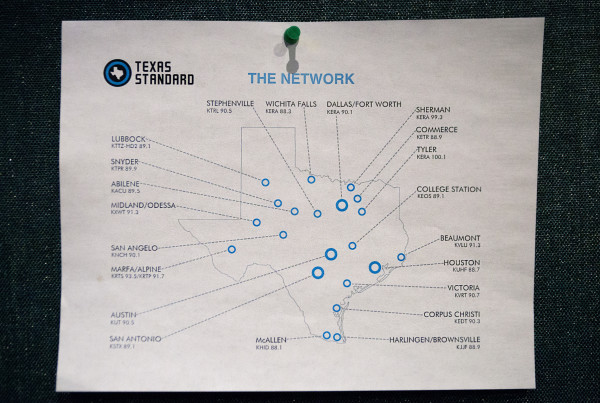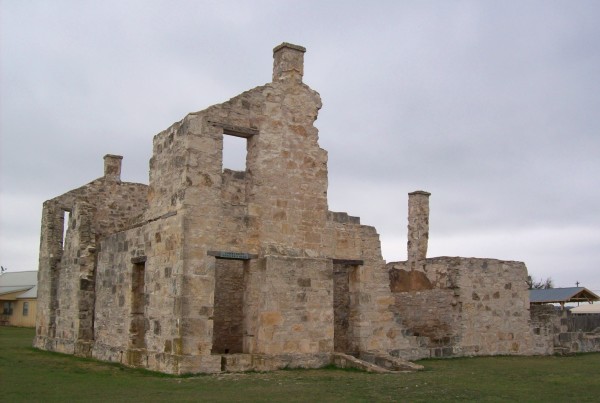Victim of a crime? You’d hope that any money owed to you from a criminal court case would actually make it to you.
But according to an investigation by KXAN, Austin’s NBC affiliate.. that’s not the case. Brian Collister, the reporter who investigated the undistributed restitution money, says restitution money can be paid out in many different kinds of cases and the state’s required to notify you if you have money owed to you.
“We found a large pool of money where they claimed they could not find the crime victims to give them their restitution money,” he says.
Collister says the probation departments and the parole division of the Texas Department of Criminal Justice are in charge of giving victims their money, but if they can’t track down the victim, protocol is to send a single certified letter to the victim’s last known address.
“This law probably was written well before the Internet ever evolved,” Collister says. “We asked the Travis County adult probation department for a list of the people they said they couldn’t find and just Googled their names and – lo and behold – there they were.”
Some of the people they tracked down had quite a chunk of change waiting for them, Collister says. After five years the funds must be transferred to the state comptroller’s office. Collister and his team were able to find social media pages for many of the people owed money. Travis County officials said they were simply complying with the law.
Collister says $22 million owed to people from the Travis County office has been transferred to the state comptroller’s office since 2000, but the database that allows victims to search online if they have unclaimed property is incomplete.
“Anytime a crime victim comes forward, they are allowed to claim that money,” he says. “We had some of the crime victims put their names in and the unclaimed funds at the comptroller’s office were not on the unclaimed property list.”
No one at the comptroller’s office knew this was the case, Collister says. “Essentially, it was just an error on their part,” he says. “They didn’t think that these funds needed to be displayed on the list.”
Now the Legislature has to allow a change in statute, to put the crime victims’ unclaimed restitution online. Because of the investigation, a handful of people were able to get money owed to them but much of the restitution money still sitting in the comptroller’s funds.
When Collister and his team asked Comptroller Glenn Hegar about some victims who Travis County was unable to track down to inform them of their restitution, one name on that list stood out – Hegar himself. The current Comptroller was a victim of a theft in the early 2000s. He and several other lawmakers had commissioned someone to make customized cowboy boots, emblazoned with the Lone Star State’s official seal.
“The guy ripped them off,” Collister says. “The comptroller didn’t realize it but he is one of the crime victims that couldn’t be found. And he had $132 in the account for him personally.”
Collister says one assault victim said he didn’t even know restitution was waiting for him. People who want to see if there is money waiting for them should first contact the local police department, to see if charges were filed, and if so, contact the local court, to see if restitution was ordered.
“If it was ordered, they can direct you to either the probation department or the parole division,” he says.
Prepared for web by Hannah McBride.















